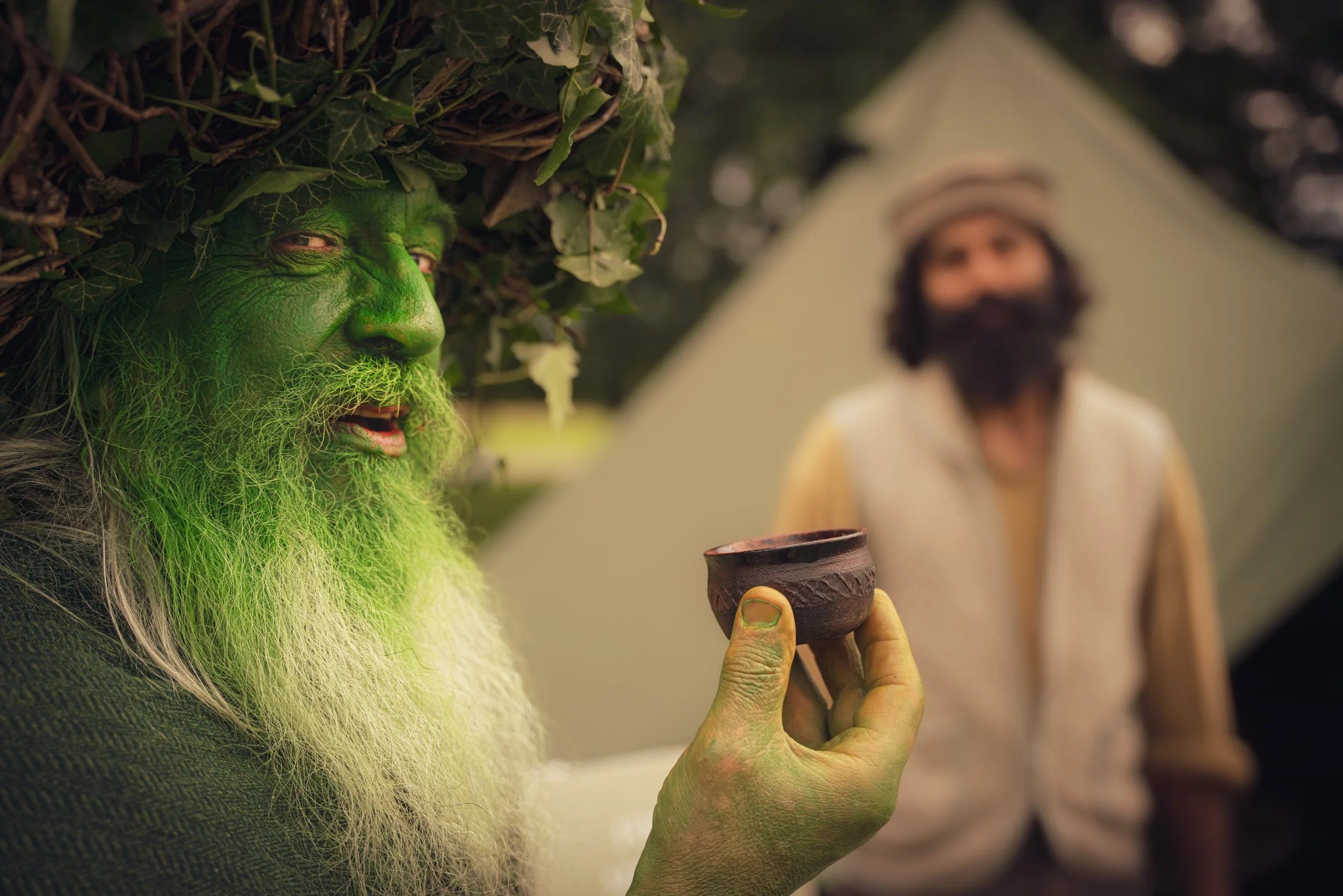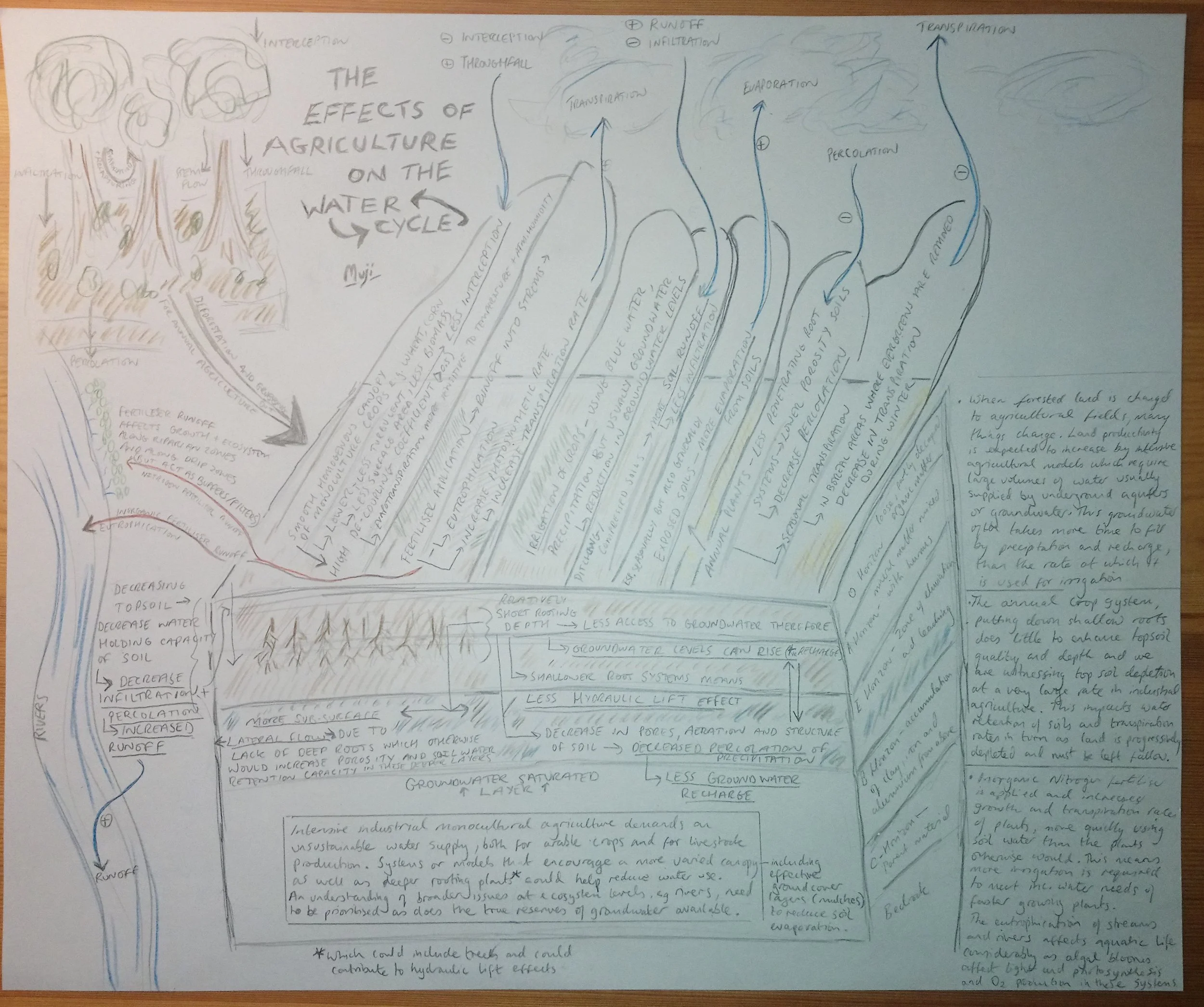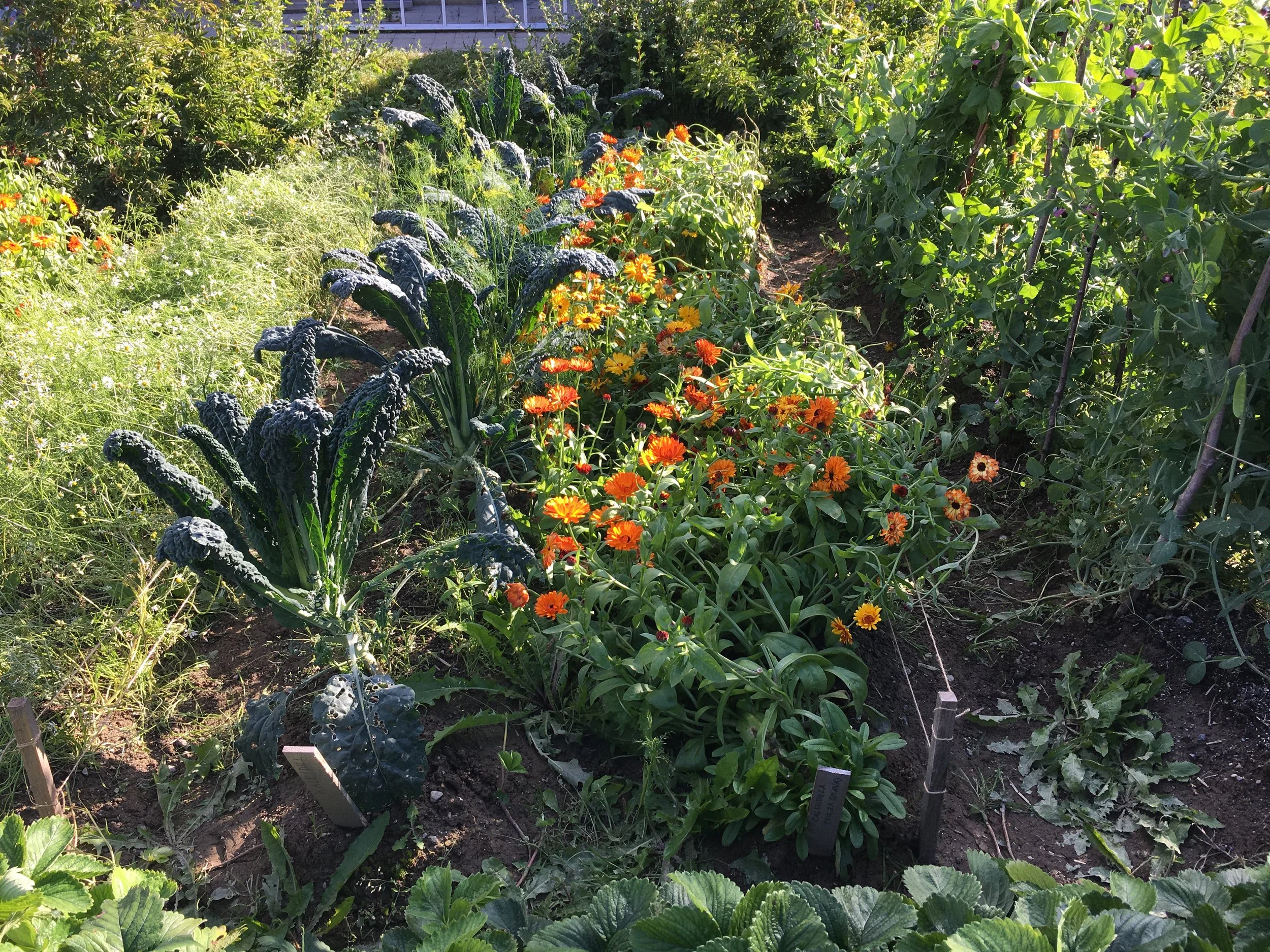
Who Are We??
Forest Medicine is about the innate ability of the forest to heal and nourish us. It is also about our role and potential to heal our landscapes with forests.
Being in a forest is healing for us. The energy of the forest affects us. The microbiome of the forest transfers to us. Certain plants and fungi from the forest are healing, and properly prepared, we can use them as medicine.
Our health in this country is struggling with increasing chronic disease [1], mental health [2] and an over-reliance on pharmaceutical drugs [3].
Forest cover in the UK is only 13% [4]. Forest ecosystems are suffering and on the brink of collapse [5]. We face a biodiversity catastrophe [6] and climate crisis [7].
We need to be resilient and healthy, but can only be so when our forests are too.
Muji has trained as a Pharmacist, Medical Herbalist and Forest Ecologist and is continually learning and practicing the science and art of his crafts. This knowledge and these skills that has been gained over the last 10 years of travel and learning, is offered in the form of consultations in herbal medicine and forest and garden design.
-
[1] A. Kingston, L. Robinson, H. Booth, M. Knapp, C. Jagger. Projections of multi-morbidity in the older population in England to 2035: estimates from the population ageing and care simulation (PACSim) model. Age Ageing, 47 (3) (2018), pp. 374-380
[2] https://commonslibrary.parliament.uk/research-briefings/sn06988/
[3] https://www.gov.uk/government/publications/national-overprescribing-review-report
[4] https://www.forestresearch.gov.uk/tools-and-resources/statistics/statistics-by-topic/woodland-statistics/#:~:text=Key%20findings,and%209%25%20in%20Northern%20Ireland.
[5] https://academic.oup.com/forestry/advance-article/doi/10.1093/forestry/cpad047/7328865?searchresult=1&login=false
[6] Summary: https://www.ipbes.net/news/Media-Release-Global-Assessment#:~:text=The%20IPBES%20Global%20Assessment%20Report%20offers%20the%20best%20available%20expert,of%20the%20UN%20Convention%20on
Full Report: https://zenodo.org/records/3553579
[7] Abbass, K., Qasim, M.Z., Song, H. et al. A review of the global climate change impacts, adaptation, and sustainable mitigation measures. Environ Sci Pollut Res 29, 42539–42559 (2022). https://doi.org/10.1007/s11356-022-19718-6



We have clients come to us with a range of different issues and we attempt to view these often complex issues, using our varied expertise to create a multi-faceted regime that will tend the client towards health.
The same is true for landscape design consultation. The ecological processes at play are often complex, requiring designs considering: hydrology, soil, climate, aspect, geology as well as past use of the land. To create a sustainable forest or garden design, it is not enough to know what you want, but if those objectives will be sustainable, given the site constraints.
We are not anti-pharmaceutical, but rather see pharmaceuticals as only a part of the healing process, and not to be completely relied upon.
We are not anti-agriculture, but see that intensive, industrialised large scale usage of the land does not allow for the nuance required for the sensitive landscapes to be managed sustainably.
We are not anti-establishment, but see that decentralised, local and interconnected systems are more resilient than larger, centralised ones.
We see that in diversity there is strength and resilience. Whether that is in the multi-disciplined approach to healthcare or the inclusion of multiple species in a forest or garden. Diversity and connectivity are the functional elements of a resilient system.
This is our approach to healing, on the humanscape and landscape.
MEET THE FOUNDER
Muji’s expertise spans pharmacy, herbal medicine, and forest ecology, with training across the UK, US, and Sweden. He holds an MPharm from the University of Bath and an MSc in Forest Ecology and Sustainable Management from the Swedish University of Agricultural Sciences (SLU) in Umeå and Alnarp.
He apprenticed as a medical herbalist in both the US and UK and offers consultations to industry on the usage of certain medicinal plant/fungal species and their medicinal chemistry and pharmacology.
With over 15 years of experience, he has managed organic vegetable gardens, medicinal herb gardens, and agroforestry sites. He has conducted mycology research at SLU alongside world-leading researchers on the topic of Chaga (Inonotus obliquus) cultivation.
In the UK, he served as a Tree Health Woodland Officer for the Forestry Commission, working to enhance the resilience of woodlands.
A dedicated practitioner of both the science and art of his fields, Muji also holds a Deer Stalking Certificate (DSC1) issued by the British Deer Society.
He is an Associate Member of the Institute of Chartered Foresters (AICFor) and an active member of the Royal Forestry Society, British Ecological Society, British Mycological Society, and British Deer Society.


